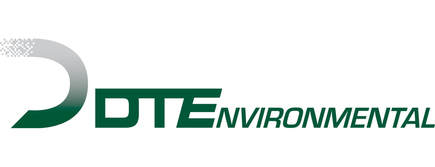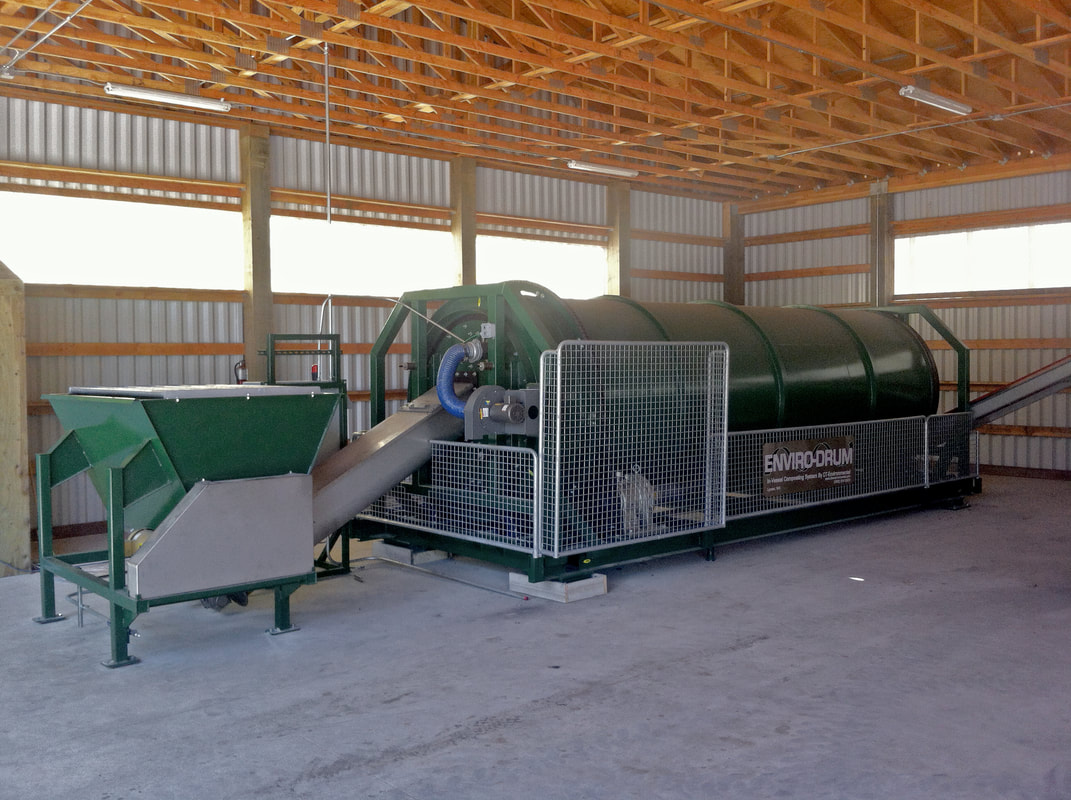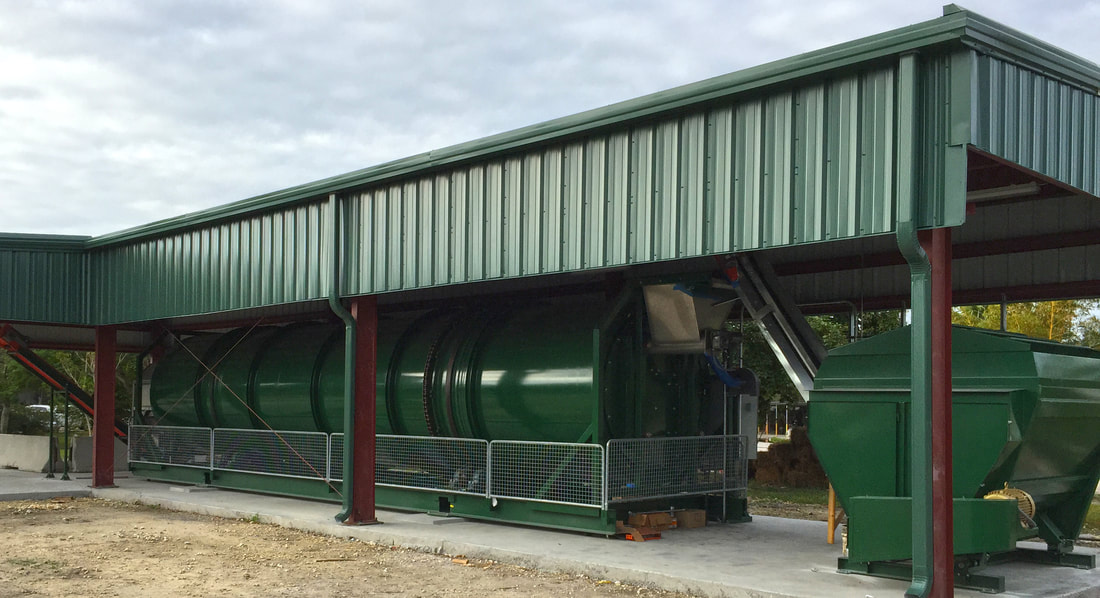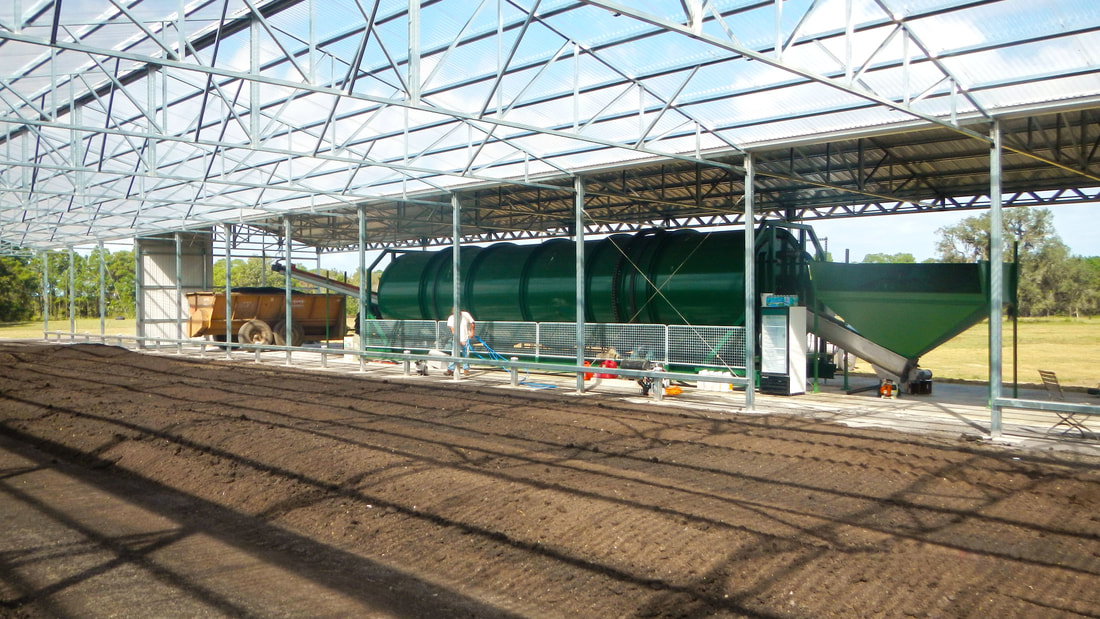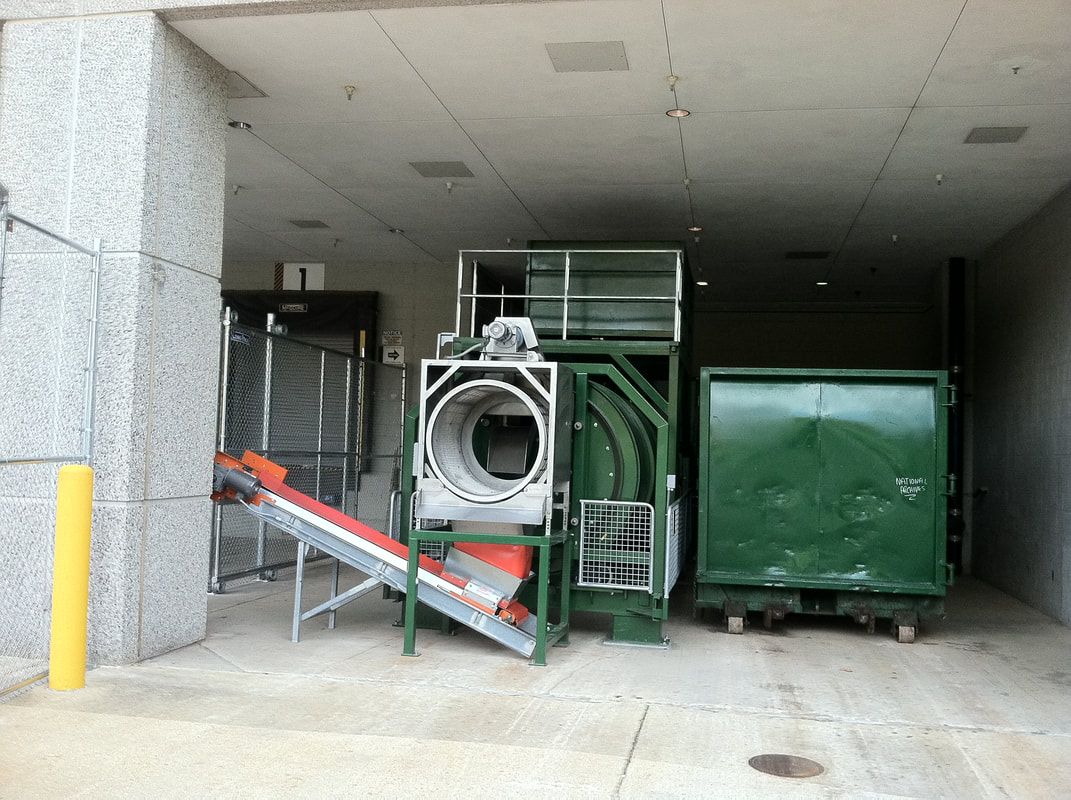Cedar Creek Correctional Center
Littlerock, Washington
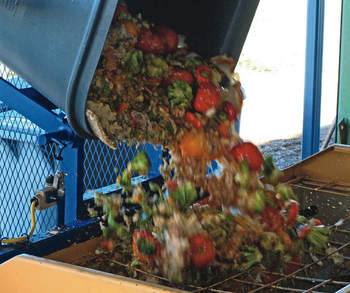
Nine of Washington’s 12 correctional centers have on-site composting programs to manage food scraps, yard trimmings and in some cases, biosolids. Prisons without on-site composting either send their organics to prisons that have a facility or pay local haulers to transport organic residuals to commercial composting operations.
Washington Department of Corrections (WDOC) estimates that 1 to 1.5 lbs/day/offender of food waste are generated. In June 2013, Cedar Creek expanded to a larger facility with capacity to process 2 to 3 tons/day of materials. They are currently processing 500 to 700 lbs/week of biosolids.
Cedar creek was designed with excess capacity to accommodate non-correctional government facilities in the area, such as the state capitol campus buildings. The Washington Corrections Center for Women in Purdy also recently completed construction of a new composting facility.
Cedar Creek and Washington Corrections for Women installed the DTE EnviroDrum 6-20 in-vessel composter, which is designed for smaller facilities with limited space that require good odor control. Odor is managed by maintaining negative air pressure inside the drum with a blower that pulls process air through the rear of the drum. This air is fully contained as it moves through the system to an external biofilter consisting of two feet of finished compost atop gravel.
At Cedar Creek, which is incorporating biosolids along with food waste, the wastewater treatment plant is about 200 yards from the composting site, so biosolids will be transported and added to the compost drum weekly. Wood chips are used as a bulking agent.
The EnviroDrum system also includes a programmable logic controller (PLC) to allow for automated loading and monitoring systems that track internal temperature and moisture.
Read more about how well the EnviroDrum is working for the WDOC...
Washington Department of Corrections (WDOC) estimates that 1 to 1.5 lbs/day/offender of food waste are generated. In June 2013, Cedar Creek expanded to a larger facility with capacity to process 2 to 3 tons/day of materials. They are currently processing 500 to 700 lbs/week of biosolids.
Cedar creek was designed with excess capacity to accommodate non-correctional government facilities in the area, such as the state capitol campus buildings. The Washington Corrections Center for Women in Purdy also recently completed construction of a new composting facility.
Cedar Creek and Washington Corrections for Women installed the DTE EnviroDrum 6-20 in-vessel composter, which is designed for smaller facilities with limited space that require good odor control. Odor is managed by maintaining negative air pressure inside the drum with a blower that pulls process air through the rear of the drum. This air is fully contained as it moves through the system to an external biofilter consisting of two feet of finished compost atop gravel.
At Cedar Creek, which is incorporating biosolids along with food waste, the wastewater treatment plant is about 200 yards from the composting site, so biosolids will be transported and added to the compost drum weekly. Wood chips are used as a bulking agent.
The EnviroDrum system also includes a programmable logic controller (PLC) to allow for automated loading and monitoring systems that track internal temperature and moisture.
Read more about how well the EnviroDrum is working for the WDOC...
Zoo Miami
Miami, Florida
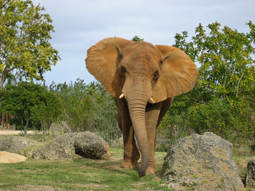
Using approximately 2,000 pounds of herbivore manure collected daily from six elephants, five rhinos, and three Bantengs (Asian endangered bovines) Zoo Miami's “brown” waste is then combined with landscaping “green” waste in our EnviroDrum in-vessel composter. It mixes, aerates and heats the materials to over 131 degrees to break down the material and kill weed seeds. The resulting "Zoo Doo" product is dark compost that has very little resemblance to the original materials. It's then used around the zoo for the botanical collection by the horticulture department along with being sold to local area residents for use in their gardens!
Read more about Zoo Doo and where to get your bucket ...
Read more about Zoo Doo and where to get your bucket ...
SolOrganics
Clermont, Florida
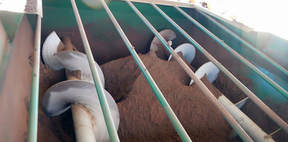
Use of the EnviroDrum in-vessel composter eliminates odors and accelerates the composting process without green waste or additives. Solar drying reduces equipment requirements and operating costs by reducing volume due to moisture loss and eliminates the need for a bulking agent.
National Archives
College Park, Maryland
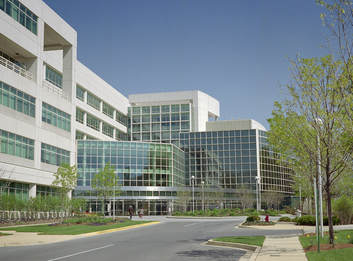
The DTE EnviroDrum in-vessel composter in this application composts cafeteria and solid paper waste. Finished compost product will be applied to the grass, flower beds and other natural areas on campus. This model provided the facility with a small footprint and efficient in-house recycling while offsetting disposal costs.
